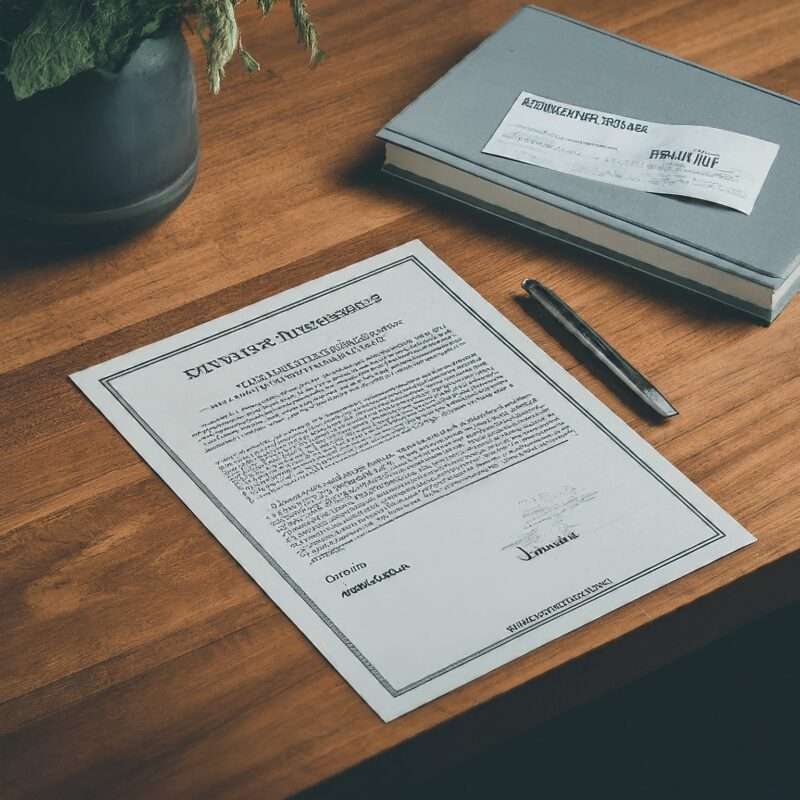Retainer is the word we throw around a lot as attorneys, but it’s a word that many people who haven’t dealt with a lawyer before may not fully understand, which is what this article is all about. A tip that I would say to being with is if you don’t understand a word or phrase a lawyer is using… ask him or her!
We don’t mind questions and I know I would much rather be interrupted 10 times than have a client nod along as if they understood but when it comes time to make a decision they have no idea what to do! So, ask questions of your lawyer!
Let’s start with something that can be very confusing and that that a retainer actually refers to two different things, one is the written document, or contract that a client uses to hire a lawyer and the other is what this article is about, the actual money the lawyer will require to start a case. We use the phrase interchangeably but probably shouldn’t.
How Divorce Lawyers Charge
Before I talk about a retainer, let’s talk about how divorce lawyers are paid. Generally there are two ways in which a family lawyer will charge for their services:
- Flat Fee
- Hourly
A flat fee retainer, which is much more common in the criminal defense world than in the divorce world, is where a lawyer will charge say $10,000 to handle a criminal case and the client will not pay anymore (or less) than that amount.
On it’s face it sounds like that may be the best way to go, you write one check and you’re done and for some cases it works well. For example a DWI is pretty straightforward, usually 2-3 hearings and that’s it. The lawyer knows the issues and how long it will take.
But how long will your divorce take? How crazy is that soon to be ex-husband or ex-wife? No one really knows until the case starts. which is why most (really almost all reputable) divorce lawyers charge by the hour.
I’ve been a family lawyer for nearly 20 years now and I know that the lawyers who do charge a flat fee for family law are not necessarily (or really ever) the best because they aren’t prepared and don’t put the time in to properly get ready for a case and it’s hard to blame them.
The reason is that type of lawyer knows if they spend 1 hour or 100 hours on the case they will make exactly the same amount of money and while most lawyers are honest and hard working and will try their best to help you on the case, some do not and that is where the flat fee is not going to help you have a prepared and ready to work for you attorney. Personally, I advise against flat fee retainers for a divorce case.
Hourly fees are much more common in the divorce world and that is where you pay your lawyer by .1 or .2 increments of an hour for the work performed. The lawyer keeps track of work they do and every month the client will receive a bill with that money withdrawn from his or her trust account.*
So, what does that have to do with what the heck a retainer is? Well, the retainer is the initial amount of money that the lawyer requires to start the case. For example many divorce lawyers will require $5,000 before they will start to work on the case.
This $5,000 would be the initial retainer which the lawyer will put into their trust account and bill on a monthly basis as the work is done.
Lawyer’s Trust Account
One thing to keep in mind is that money is still yours. Just because you give a divorce lawyer a check or credit card doesn’t mean it’s a “minimum fee”. In fact, MN ethical rules don’t allow for the use of the words “non-refundable”.
So this means that if you either finish the case and it takes less time than anticipated or you are planning on changing your attorney you should get that money back. Also, that is not the total for your case, just enough to start the case.
You should also get a monthly accounting of all the work performed by your lawyer and the amount left in your trust account. Most divorce lawyers like to have the trust account full before significant elements of the case, say trial, mediation or an appeal. Sometimes it’s called an “evergreen” account, but it’ fairly common and you should ask about it if you don’t see it discussed int he retainer. Don’t be surprised if your lawyer asks for more money in the trust account before these sort of events occur.
One way to think about a retainer is a down payment, it may cost more, it may cost less, but that is the amount the lawyer is requiring to start the case.
What If You Run Out Of The Retainer?
Running out of a retainer is different than not having enough money to start. Let’s break this down. If you run out of fund in your retainer, most lawyers will ask to replenish it. That is put more money into the retainer. This isn’t always done, if the case is nearly over or there isn’t much left to do then it’s pretty standard to just send a final bill.
However, if the case isn’t over and big expense are coming then you’ll have to have a serious talk with your lawyer. Some lawyer have payment plans, but must except to be paid or have the money in the trust account if they are going to keep working.
If you can’t pay the initial retainer you’ve got a much bigger problem. The initial retainer is not the total cost, well it could be but it’s not a guarantee!
So there you go, a short course on exactly what the heck a divorce retainer is and where it goes. If you have any comments feel free to post below and I’ll try my best to answer them.
Jason Kohlmeyer
Mankato, Minnesota
507-625-5000


